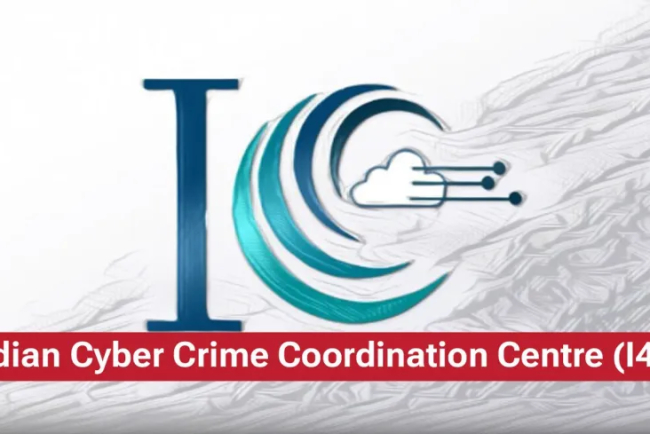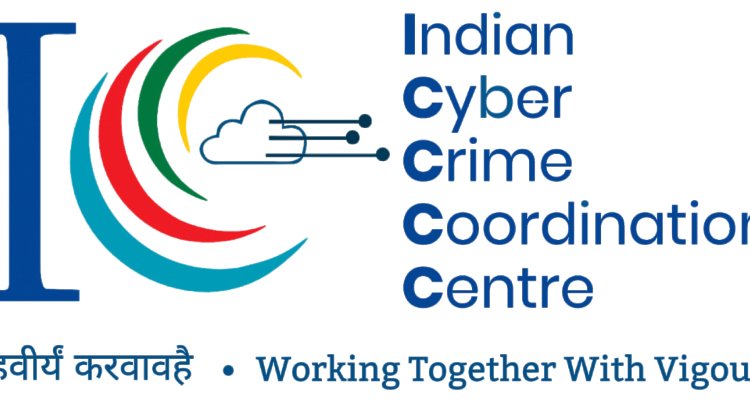Under IT Watch, the Crypto-Hawala Nexus: Dubai Becomes a Key Centre for Illegal Money Transfers
Investigations into a potential crypto-hawala scheme, in which cryptocurrencies are being used as a means of facilitating illicit cross-border money transactions, have been stepped up by the Income Tax Department. In this modernised form of hawala, a long-criticized traditional informal money-moving mechanism, Dubai has become a crucial operational hub.

Investigations into a potential crypto-hawala scheme, in which cryptocurrencies are being used as a means of facilitating illicit cross-border money transactions, have been stepped up by the Income Tax Department. In this modernised form of hawala, a long-criticized traditional informal money-moving mechanism, Dubai has become a crucial operational hub.
Tax Evasion Strategies, Freelancers, and Shell Companies
According to reports, the scam conceals the identity of beneficiaries by using freelancers, shell corporations, and cryptocurrency wallets with loose Know-Your-Customer (KYC) regulations. According to investigators, some Indian traders and small-scale exporters might be employing this technique to transfer their profits outside of the nation without being caught by capital controls and income taxes.
“The scope of these transfers is substantial,” said a senior officer in the investigation. In a brief time, a number of wallets connected to operators in Dubai have displayed significant volume movements.
Following several raids and notifications in recent weeks, officials are now working with international cryptocurrency exchanges and forensic blockchain specialists to track the money's on-chain movement.
Global cooperation and a push for regulations are required.
The discussion around crypto laws in India has been rekindled by this discovery, particularly with reference to the necessity of cross-border supervision and adherence. The usage of offshore wallets still presents difficulties even though India has tightened taxes on virtual digital assets (VDAs) and requires a 1% TDS on cryptocurrency transfers.
People looking for anonymity and convenience of conversion are choosing Dubai because of its liberal crypto regulations and its increasing popularity as a financial hub. Experts say that in order to stop these money laundering networks, a more robust international KYC system and a more powerful bilateral enforcement mechanism are necessary.
Follow cyberdeepakyadav.com on
Facebook, Twitter, LinkedIn, Instagram, and YouTube
What's Your Reaction?























